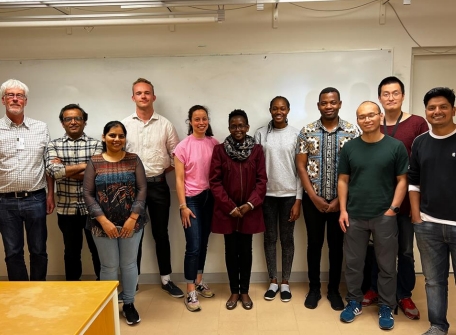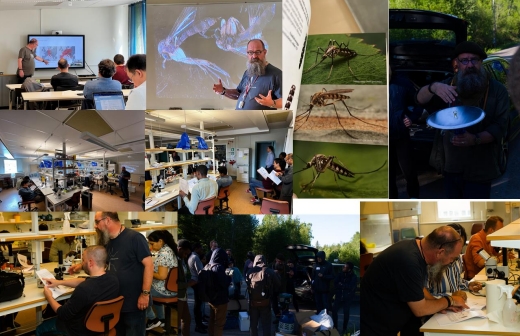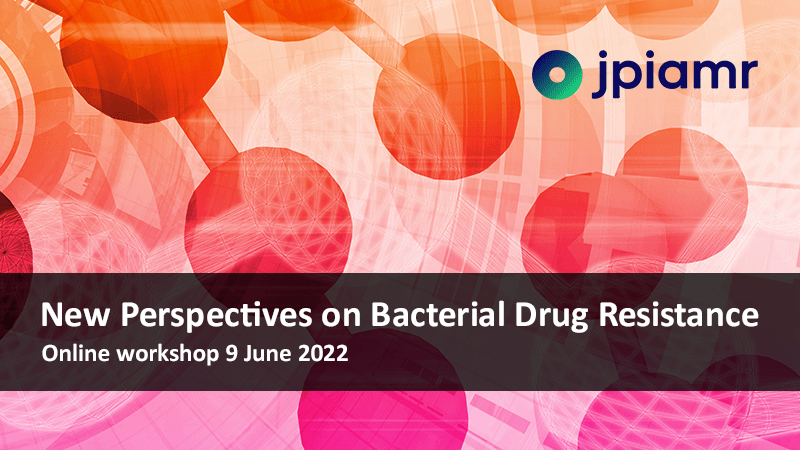The NDPIA mosquito-borne pathogens and their vectors course was held during 7-10 of June 2022 at Umeå University. The course was conducted in a hybrid format, allowing some of the lecturers and students to participate online.
This course aimed at providing an in-depth understanding of pathogen-vector interaction and transmission dynamics of mosquito-borne pathogens, providing better understanding of mosquitoes as vectors of arboviruses and parasites most of which are zoonotic in nature and affect both humans and animals. We had twelve national and international experts covering various aspects of the mosquito vector including ecology, biology, population genetics, competence, capacity and how these factors influence transmission to the susceptible host. The course also covered vector surveillance, identification, diagnostics, prevention and control, as well as application of high-throughput sequencing platforms in virus discovery.
“I got the opportunity to learn a lot about the mosquito vector in both theory and the practical aspect by experienced researchers.”-Anonymous participant

In addition to the lectures, this course included a field trip with mosquito trapping, a Swedish mosquito identification workshop, and a computational workshop on informatic workflow after barcoding and comparison of mosquito sequence data. Course participants were also given the opportunity to give a short presentation of themselves and their research activities, to further promote discussions and networking.
“The strength of this course was the high-quality presentations, well organized and efficient field work, communication and the flexibility for networking.”-Anonymous participant

To see the full course program, please visit: The mosquito-borne pathogens and their vectors course is finally happening! | NDPIA





